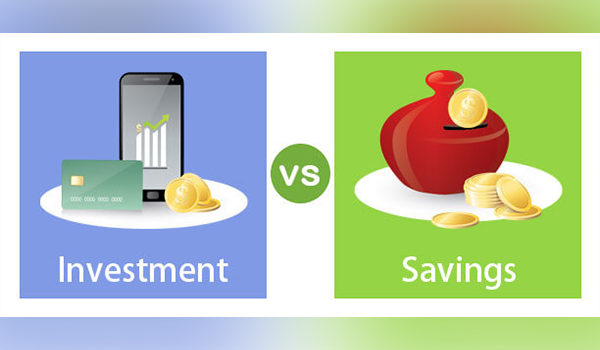
Goodwill Wealth Management Pvt. Ltd. is excited to announce the expansion of its comprehensive suite of trading and investment services, providing unmatched opportunities in Equity, Derivative, Commodity, Currency, and Mutual Fund trading. With the commitment to offering the lowest brokerage rates for trading in India, Goodwill Wealth Management empowers investors to maximize their returns and achieve their financial goals.
Explore All Services:
- Equity
- Derivative
- Commodity
- Currency
- Mutual Fund
Equity Investments:
Equity investments involve the buying and holding of shares of stock in anticipation of income from dividends and capital gains. Equity investors gain part ownership of the company, entitling them to the company’s assets, dividends, right shares, and bonus shares.

Why Choose Equity Investments?
- Broad Diversification: Equity investments offer diversified exposure across various sectors, reducing overall risk.
- Higher Returns: They provide a higher rate of return compared to lower-risk instruments, making them an attractive option for both short- and long-term investments.
- Liquidity: Equities can be converted into cash anytime, offering great flexibility for investors.
- Sector Options: Investors can choose from a wide array of sector-oriented options to diversify their portfolios further.
- Alternative to Traditional Investments: Equities are a viable alternative to fixed deposits and investments in gold, offering potentially higher returns.
Open a Free Demat Account with GWC India:
Goodwill Wealth Management makes it easy to start your investment journey. By opening a free Demat account, you can begin investing and trading with confidence with a lowest transaction fee, backed by our expert guidance and comprehensive services.
Start Investing! Start Trading!
For more information and to open your free Demat account, please visit our website or contact us at:
Giga Pro: https://play.google.com/store/apps/details?id=com.codifi.goodwill
Web Link: https://www.gwcindia.in
Disclaimer: Investments in securities market are subject to market risks , read all the related documents carefully before investing.
Goodwill Wealth Management Pvt. Ltd. is dedicated to providing innovative financial solutions and expert advisory services to help investors achieve their long-term financial goals. With a commitment to offering the lowest brokerage rates and a comprehensive range of services, Goodwill Wealth Management continues to lead the way in delivering exceptional value and support to its clients.














